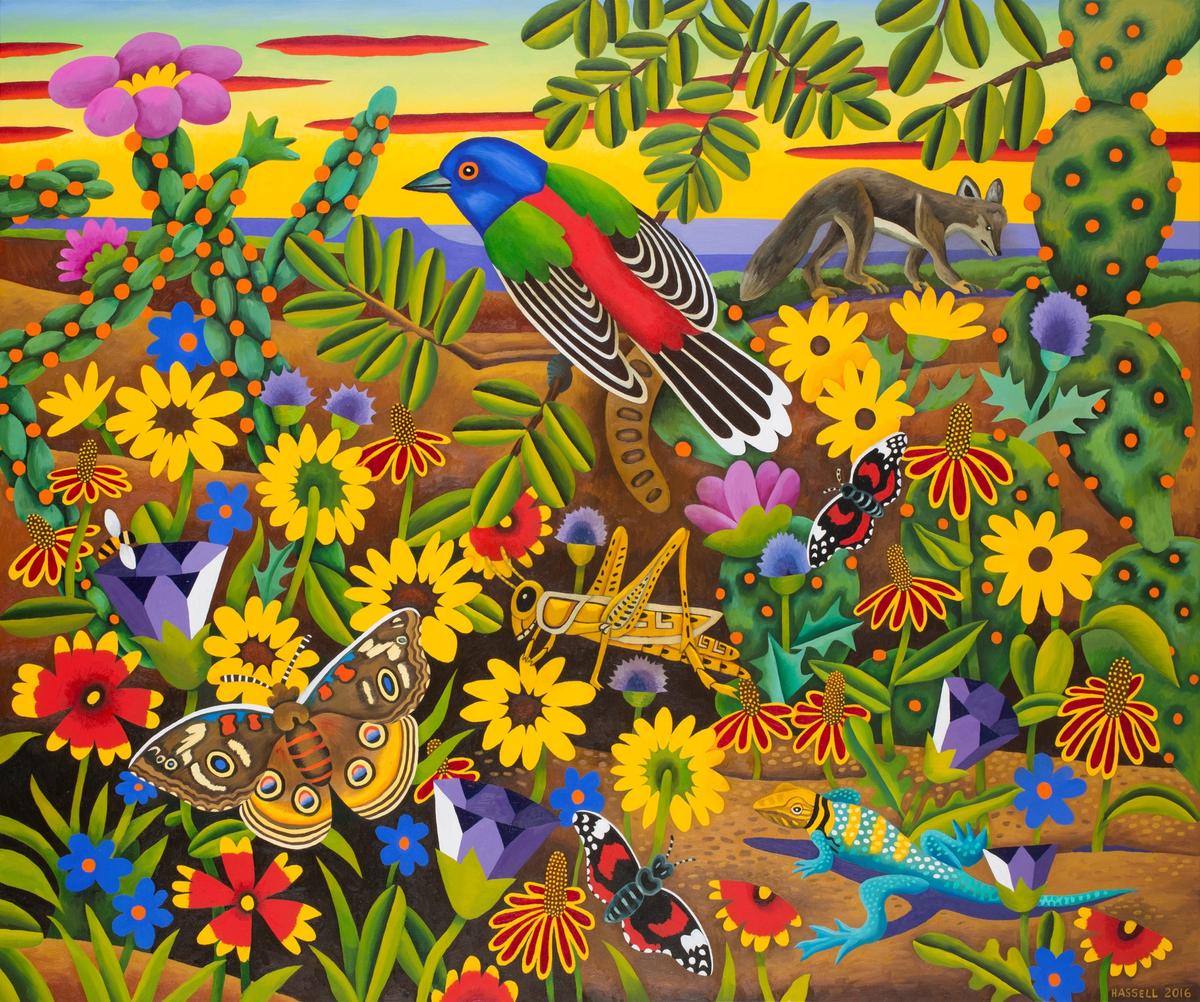Art fairs face a wildly uncertain future as the coronavirus pandemic rages on, especially in the US where cases now exceed three million. As Art Basel assures its exhibitors it is committed to its Miami Beach edition this December, smaller, more regional fairs are making contingency plans by creating ongoing online sales platforms.
One of the first US fairs forced to postpone back in March, the Dallas Art Fair is now launching Culture Place, Inc., a year-round website that will host a rotating group of roughly two dozen Texas-based (and some Texas-adjacent) galleries. Invited dealers will refresh their artworks every 60 days and are able to use Culture Place even if they have not participated in the fair before.
A lot of the galleries in this region are not on the main fair circuit and are not as well known by name further afield, explains Kelly Cornell, the director of the Dallas Art Fair and, now, Culture Place. “So for many the delay and cancellation of more local fairs can really affect their bottom line. We wanted to make sure we were helping to build the infrastructure for a more sustainable art ecosystem here that doesn’t rely on people needing to travel.
While the Dallas Art Fair is now planned for October, postponed from April, Texas is now facing one of the largest spikes in Covid-19 cases after re-opening early in comparison to other states. The uncertainty, Cornell says, has many concerned about how long they will be able to hold out without the sales revenue they had been banking on at the start of the year. “People are still buying art, but not in the same way. We all have to shift our business models to survive, including fairs.”
Cornell says that the idea for Culture Place stemmed directly from the unexpected success of the 10-day online viewing room event that replaced the April edition, which netted $3m in sales. There is no upfront cost to dealers to show work on the site; instead the platform will take a sliding-scale commission based on the price of the work sold. Additionally, purchases can be made directly through the platform rather than through the gallery. The site will also feature weekly virtual artist studio visits, conversation, and other online programming.
Initial participants include Conduit Gallery (Dallas), Inman Gallery (Houston), Holly Johnson (Dallas) and Dirty Dark Place (Austin), among others.
The Dallas Art Fair is not the first fair to launch a parallel platform that is not tied to a specific physical event. Last month Design Miami/ announced Design Miami/ Shop after it was forced to cancel its already-postponed Basel edition, which will be accessible 365 days a year and is open to galleries who have exhibited with the fair previously. In May, the New Art Dealers Alliance (Nada) debuted its first digital-only event, FAIR, which ran for four weeks and feature member and non-member galleries alike. The Armory Show, too, has continued its Access programme since the fair closed in March, showcasing and selling one exhibition per week from its exhibitors.
The move toward ongoing online platforms rather than fairs could mark a more permanent change within the art market. “I don’t think fairs are going away any time soon, but I don’t know how many people will be traveling for fairs soon,” Cornell says. “Post-pandemic, I think we’ll see the cultural landscape become much more spread out across the US, away from the major international cities, and I think buyers will embrace localism.”


